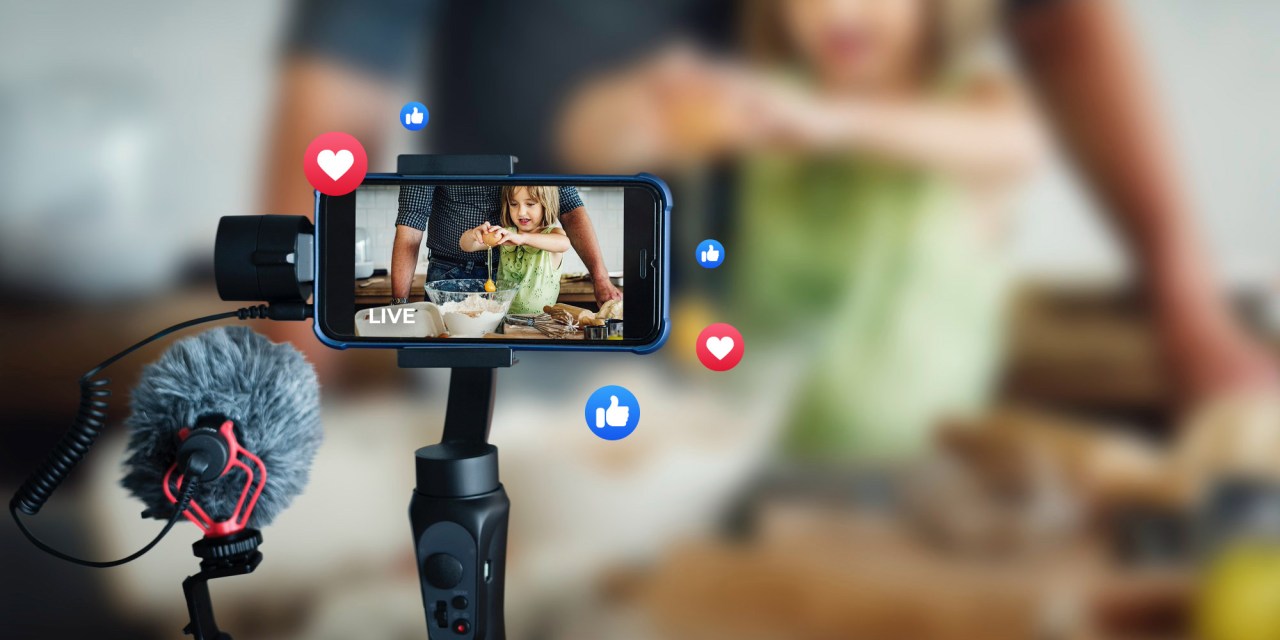With the rise of online video content and the increasing popularity of live streaming, many people have started to wonder if streaming is a form of social media. In this article, we’ll explore this question and discuss the characteristics of social media and how they relate to streaming.
What is Social Media?
Before we dive into whether or not streaming is a form of social media, let’s first define what social media is. Social media refers to online platforms that enable users to create, share, and interact with content and with each other. Some of the most popular social media platforms include Facebook, Twitter, Instagram, and Snapchat, among others.
Characteristics of Social Media
There are several key characteristics of social media that distinguish it from other types of online content. These include:
User-generated content: Social media platforms are primarily designed for users to create and share their own content, whether it be posts, photos, videos, or other types of media.
Interaction: Social media platforms enable users to interact with each other through comments, likes, shares, and other forms of engagement.
Networking: Social media platforms are designed to facilitate connections and networking between users with similar interests or goals.
Community: Social media platforms foster a sense of community among users who share common interests, goals, or experiences.
Real-time updates: Social media platforms provide real-time updates and allow users to stay up-to-date on the latest news, trends, and events need to know more about click here infotiks.com..
Is Streaming a Form of Social Media?
Now that we’ve established the characteristics of social media, let’s consider whether streaming fits these criteria. While streaming does share some similarities with social media, it is not typically considered a form of social media. Here’s why:
User-generated content: While streamers do create their own content, they typically do so in the context of live broadcasting rather than in a more traditional social media post format.

Interaction: While streaming platforms may have chat features and other forms of engagement, they typically do not have the same level of interaction as traditional social media platforms.
Networking: While streamers may have dedicated fan bases or communities, these communities are typically built around the streamer rather than around common interests or goals.
Community: While streamers may foster a sense of community among their viewers, this community is typically centered around the streamer rather than a shared interest or experience.
Real-time updates: While streaming does provide real-time updates, these updates are typically related to the content being streamed rather than to the latest news or trends.
Conclusion
While streaming shares some similarities with social media, it is not typically considered a form of social media. Social media is primarily designed for user-generated content, interaction, networking, community building, and adin ross net worth updates, whereas streaming is primarily focused on live broadcasting of content. However, as technology continues to evolve and streaming platforms continue to integrate more social features, it’s possible that the line between streaming and social media may become more blurred in the future.





More Stories
Zu niedrige Körpertemperatur: Ursachen und Behandlungsmöglichkeiten
Untertemperatur Ursachen: Ein Umfassender Leitfaden
Iberico Schinken Kaufen – Ein Leitfaden für Kenner